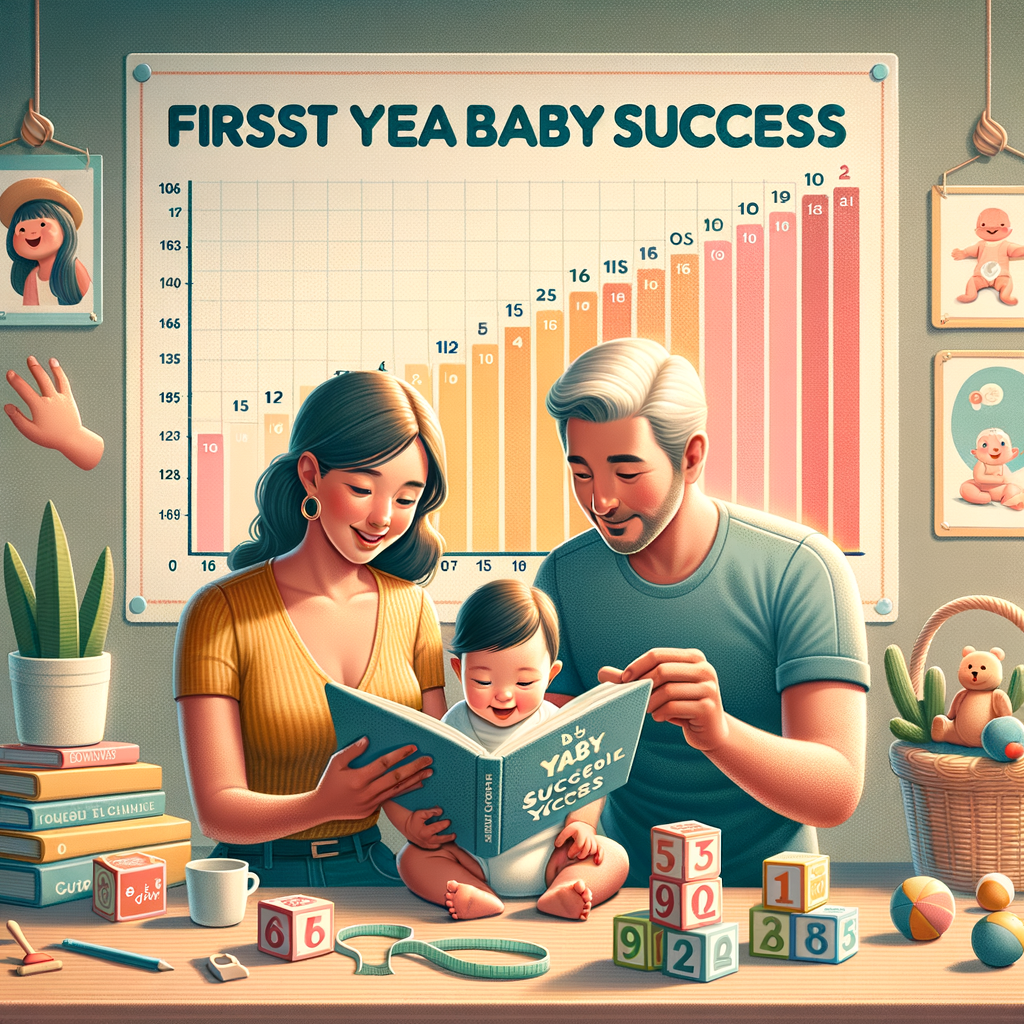Baby Development: Your Must-Have Guide for First Year Success
Baby development is a fascinating and transformative journey for both infants and parents. From the moment they enter the world, babies begin a rapid evolution that includes physical, cognitive, emotional, and social milestones. Understanding these aspects can significantly enhance your experience and help you support your little one as they grow. This parenting guide aims to equip you with essential knowledge needed for successful navigation through the first year of your baby’s life.
The First Month: New Beginnings
In the first month, your newborn will primarily focus on sleeping, feeding, and adapting to their new environment. Baby development during this time includes basic reflexes, such as grasping and rooting, which showcase their natural instincts.
– Feeding: Whether breastfeeding or formula feeding, newborns typically consume small amounts multiple times a day. Understanding hunger cues is key—look for rooting, lip smacking, or bringing their hands to their mouth.
– Sensory Engagement: Newborns are sensitive to lights and sounds and may respond positively to gentle speaking and touch. Aim to create a calm environment that fosters their senses.
Month Two to Three: Emergence of Awareness
As your baby reaches the two-to-three-month mark, you’ll notice significant changes in their alertness. This is a pivotal time in baby development when infants start to interact with their surroundings.
– Social Smiling: By around six weeks, babies begin to respond to faces with smiles. This social engagement is crucial for emotional development and bonding.
– Head Control: Your baby’s neck muscles are strengthening. By three months, they should be able to lift their head when lying on their stomach. Tummy time is essential during this phase to encourage strength and coordination.
Month Four to Six: The Playful Phase
At around four to six months, baby development begins to encompass more playful and interactive behaviors. This playful phase lays the groundwork for essential skills they will use throughout their life.
– Cognitive Development: Your baby will start to grasp objects and bring them to their mouth. This exploration is vital for cognitive and motor skills development.
– Communication: You may hear cooing and gurgling sounds as they begin experimenting with their vocal cords. Responding to these sounds can motivate them to communicate more.
Month Seven to Nine: Increased Mobility
As babies approach the seven-to-nine-month mark, they often begin to crawl, which opens up a new world of exploration. This is an exciting time for both parents and babies alike.
– Physical Milestones: The ability to crawl or even pull themselves up signifies a surge in physical development. Ensure that your home is safe and baby-proofed to accommodate their newfound mobility.
– Stranger Anxiety: Around eight months, many babies experience a phase of stranger anxiety. This is completely normal and indicates their growing attachment to familiar faces. Responding with comfort can help them navigate these feelings.
Month Ten to Twelve: Learning and Independence
The final stretch of the first year brings about immense growth in both mental and physical capabilities.
– Walking: Many babies take their first steps between 10 to 12 months, marking a significant milestone in baby development. Encourage this exploration by providing a safe space for them to practice.
– Language Skills: By the end of the first year, your baby may say simple words like “mama” or “dada.” Reading to them regularly can greatly enhance their vocabulary and comprehension skills.
Key Tips for Parents
1. Document the Journey: Keep a journal or scrapbook of your baby’s milestones—photos, notes, and keepsakes provide a treasure trove of memories.
2. Stay Informed: Reading parenting guides can offer insights and prepare you for each stage of development. Websites, books, and parenting classes provide valuable information and connections with other parents.
3. Trust Your Instincts: Each baby develops at their own pace. If you have concerns about your child’s progress, consult a pediatrician. Remember, you’re the best advocate for your baby.
Conclusion
Baby development is an incredible voyage filled with wonder and growth. Your role as a parent is to provide the love, guidance, and environment that will help your child thrive during their first year. By understanding each developmental stage and preparing in advance, you can ensure that both you and your baby enjoy this special time together. Always remember, parenting is a partnership—be patient with both yourself and your growing little one!


Leave a Reply